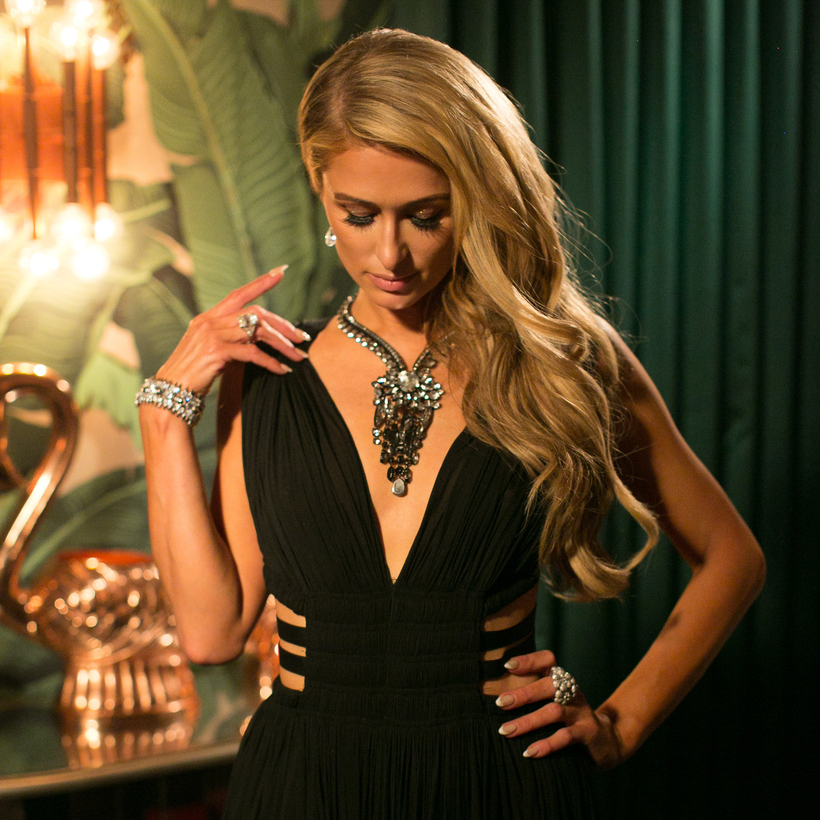Paris Hilton, though. Sheesh. Who was she? How had she come to be a person that a “People” column in an actual newspaper in another country was expected to write about? There had been a sex tape, sure, but the sex tape was famous because of her, not the other way around. She didn’t sing like Britney Spears, she didn’t act like Cameron Diaz, and she sure as hell wasn’t in Gordon Brown’s Government of All the Talents. She should have been nowhere, yet she was everywhere. And you just knew, even then, that she was a harbinger of worse things to come.
Paris: The Memoir does not grapple with these questions. It is, nonetheless, a fascinating, moving and at times shocking portrait of a person who, at 42, has now been famous for being famous for most of her life. This reflects very well on the person who wrote it, who clearly wasn’t her. That’s not just me being mean and presumptuous. Hilton thanks the ghostwriter Joni Rodgers, who “helped me find my voice”, in the acknowledgments.

